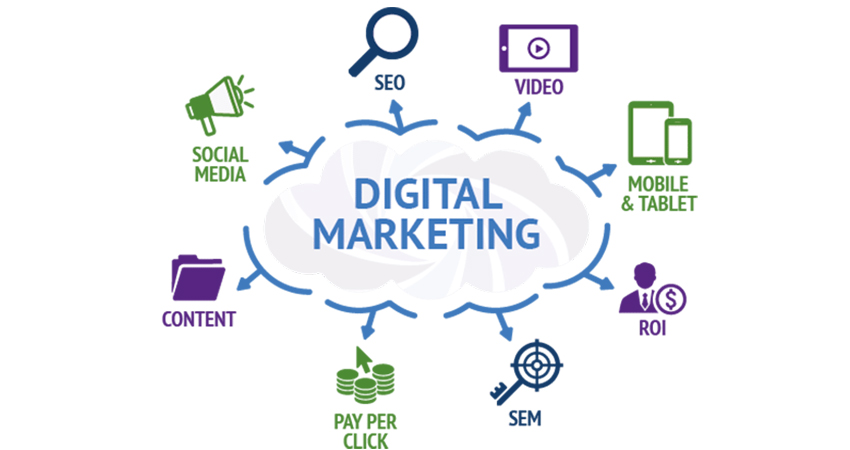Blogging for SEO is pretty much a no brainer. Publishing regular blog posts gives you opportunities to target a large number of long-tail keywords, keeps people on your website longer, and gives other websites something to link back to.
While you should generally prioritize writing for your audience rather than search engines, that doesn’t mean that, there aren’t useful steps you can take to make your posts go further with the search engines.
- Do Keyword Research
Keyword research should be one of the first steps you take in developing a blog strategy for SEO because it helps you figure out the types of topics your audience is interested in. For each blog post you write, it’s smart to have a primary keyword or two in mind, along with a few similar or related secondary keywords. - Check for Rich Results in the SERP
Once you have your target keywords in mind, head to Google and do some searches for them. Many types of searches now include rich results on the search engine results page (SERP). - Choose Your Post Title Well
One of the main parts of the page the search engines pay attention to in trying to understand what the page is about is the title. That makes it an important opportunity for you to communicate your topic by using your primary target keyword. Make sure you include it in a way that makes sense. If you shoehorn it in so that it’s confusing for your human readers, the lack of clicks you get will hurt your SEO chances more than use of the keyword will help them. But since your post will be covering the topic of your keyword, finding a natural way to include it shouldn’t be too difficult. - Include the Keyword in Your URL
The page URL is another important place to include your target keyword. It’s another part of the page search engines look at to figure out how to understand what the page is and, as such, is an important ranking factor. Always customize the URL before publishing. - Optimize Your Headings
You may be sensing a theme here. Your page headings are another part of the page that search engines give weight to in figuring out what your page is about. That means that, once again, you want to look for opportunities to (naturally) include your keywords in the page heading. That includes anything that has a , , or tag on the page. Headings are often a good place for those secondary keywords you have in mind, since it probably won’t make sense to use your primary keyword in every heading on the page. - Use Your Image Text
Another page element that search engines pay attention to is the text behind your images. The name of your image (e.g. keyword.jpg) and the alt text you can fill in are two more places you can include your primary keyword on the page. - Use Relevant Internal Links
Links are easily one of the most important ranking signals for the search engine algorithms. Getting other websites to link to yours is a challenge, but you have the power to do as much relevant internal linking on your own site as possible.
Each time you write a new post, think about any blog posts you’ve already published that are relevant to what you’re writing now. Wherever it makes sense to do so, add in those links and, if you can do so naturally, use anchor text that relates to your target keyword for the older post you’re linking to. - Write a Meta Description
While meta descriptions don’t affect how your website ranks, they do influence what people see when they’re browsing their options on the search engine results page. If they’re trying to decide between a few links on the page, a strong description that uses the keywords they searched for (which show up in bold on the SERP) could make the difference in their choosing to click on yours. - Link Your New Post to Old Posts
For all the same reasons you look for opportunities to add old links from your blog to new posts, you should periodically review your old posts to look for opportunities to link to posts that were published later. - Choose Tags and Categories Strategically
Blogs allow you to create tags and categories that help you group related posts together. This is both a useful navigational aid for people browsing your blog and a tool you can use strategically for SEO. Every category or tag you use creates a new page that will include the name of the tag or category in the URL, along with a lot of relevant content and links on the page.
Optimize Every Blog Post for SEO
Your blog is one of your most important and powerful SEO tools. Every blog post you publish presents a number of opportunities to strengthen your website’s search authority. Don’t waste any opportunity you have to use your posts to their fullest SEO potential.




